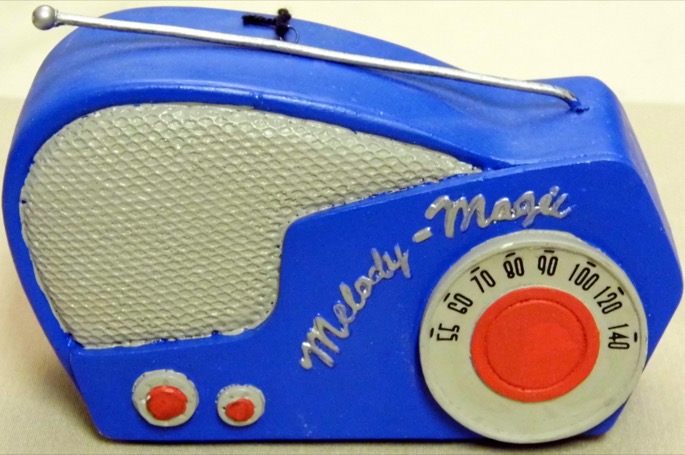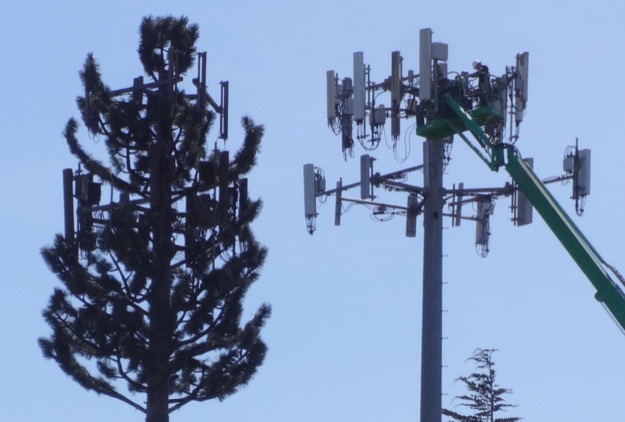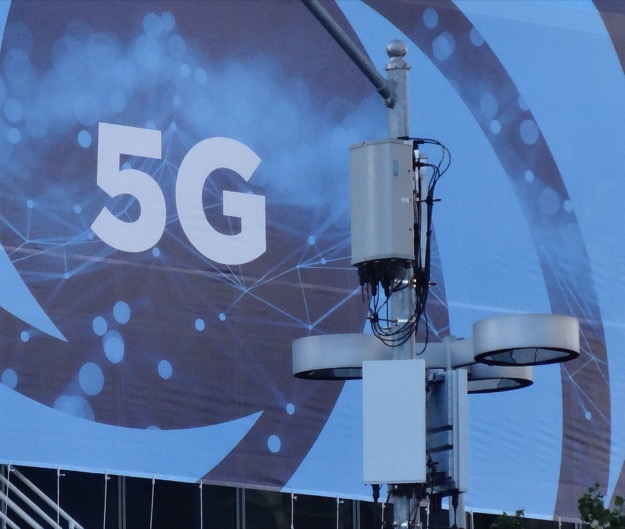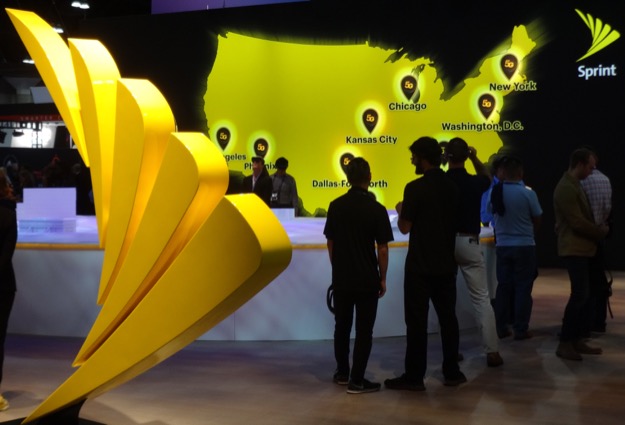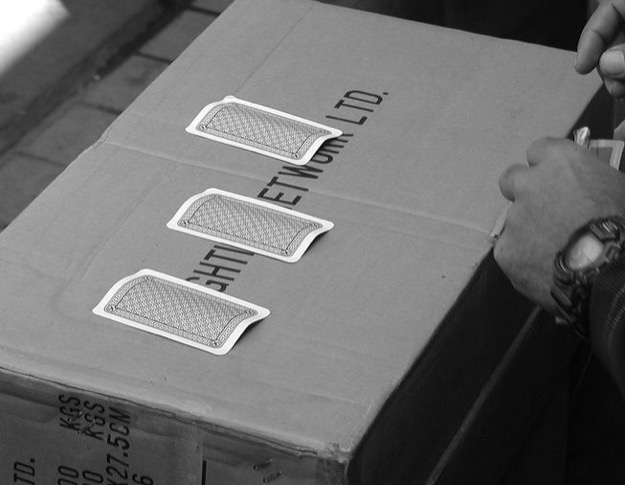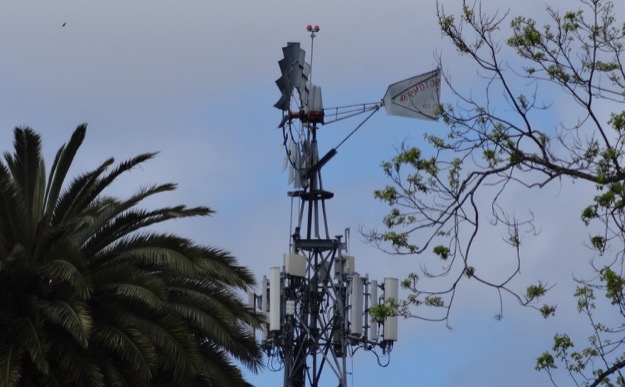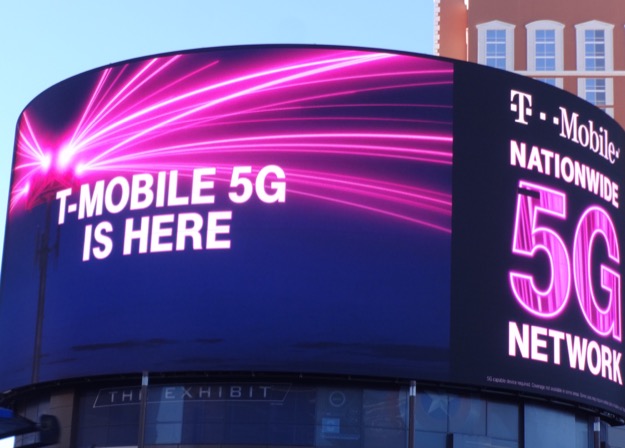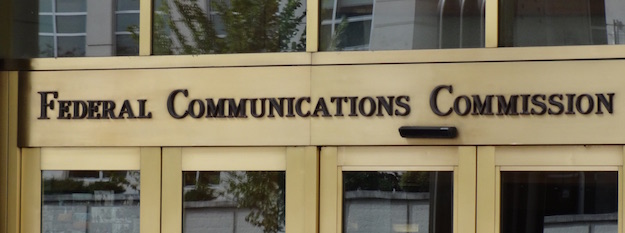Draft CPUC decision offers money to RDOF winners, but conditions present problems for most

Almost final rules for topping up federal broadband subsidies with money from the California Advanced Services Fund (CASF) were published on Friday. The draft decision, authored by CPUC commissioner Martha Guzman Aceves, tracks with the most recent “kicker” program proposal floated by California Public Utilities Commission staff.
The big question remains: will it have any practical effect? The Federal Communications Commission’s Rural Digital Opportunity Fund (RDOF) auction is over. The kind of broadband service providers the CPUC hoped to attract with its kicker program – gigabit-class fiber to the premise operators with open access business models and a commitment to low income and universal service obligations – are not well represented on the list of auction winners.… More

